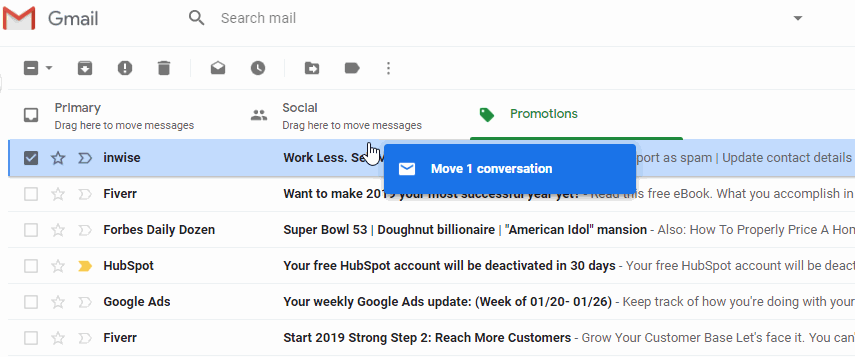BPCL, the state-run oil refiner Bharat Petroleum Corporation, has recently inked a significant agreement with BP, a major player in the global energy market.
According to trade sources, this deal entails BPCL purchasing a substantial volume of 1 million barrels per month of U.S.
West Texas Intermediate (WTI) crude for four months. This move underscores BPCL's strategic initiative to diversify its crude oil sources and secure its supply chain.
Commencing in June, BPCL is slated to begin the receipt of oil deliveries as per the terms of the agreement.
Additionally, it has been reported that BPCL has separately procured an additional 2 million barrels of WTI crude, slated for loading in April, through a spot tender.
This underscores BPCL's proactive approach to securing its crude oil requirements through both long-term contracts and spot purchases, ensuring operational flexibility and supply reliability.
It's worth noting that BPCL has a history of sourcing oil from the United States for its refineries, leveraging its combined processing capacity of 706,000 barrels per day (bpd).
This indicates BPCL's ongoing efforts to optimize its crude sourcing strategy in line with market dynamics and quality considerations.
According to industry sources, the decision to opt for WTI crude aligns with BPCL's requirements for low-sulfur crude, with the quality and economics of U.S. crude deemed favourable compared to alternatives from West Africa and the Mediterranean region.
This strategic sourcing decision reflects BPCL's commitment to maintaining product quality standards while optimizing its cost structure and refining margins.
Looking ahead, BPCL anticipates ramping up its crude processing activities in the upcoming fiscal year, starting in April.
This comes in contrast to the preceding year, during which BPCL undertook maintenance activities, including the temporary shutdown of its 156,000 bpd Bina refinery in central India and maintenance work at its 120,000 bpd Mumbai refinery. These maintenance activities were essential for ensuring operational efficiency and refinery reliability.
Despite attempts to reach out for comment, BPCL has remained tight-lipped, not responding to inquiries from Reuters via email.
This silence underscores the confidentiality and sensitivity surrounding strategic business agreements within the energy sector.
In summary, the recent agreement between BPCL and BP marks a significant development in the global oil market landscape, reflecting BPCL's proactive approach to securing its crude oil supplies while optimizing its refining operations for enhanced efficiency and competitiveness.

















 1,499
1,499
